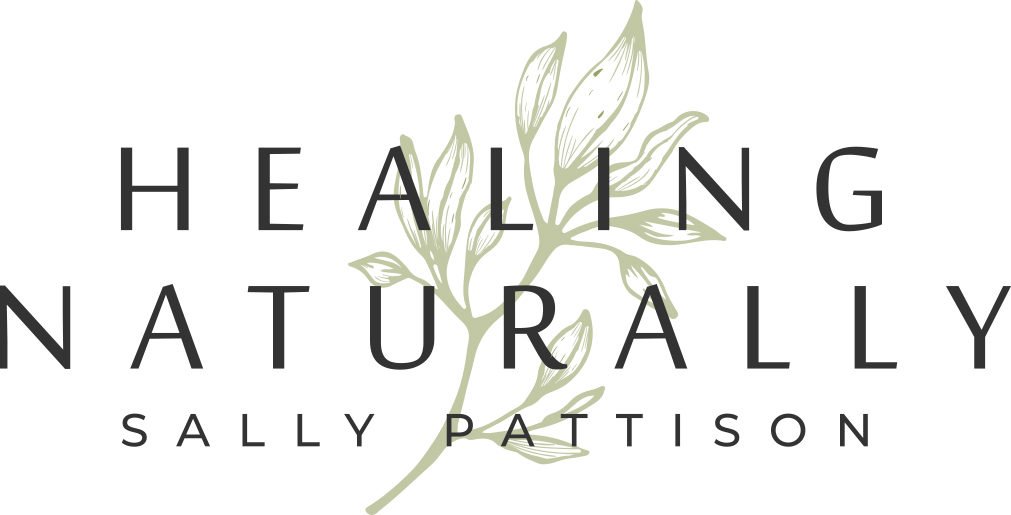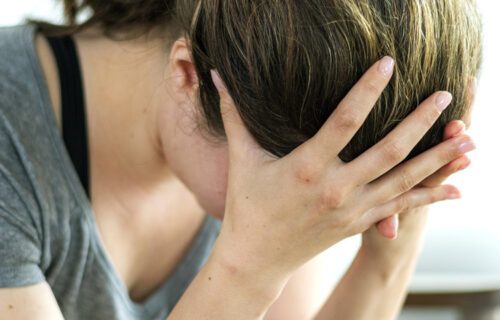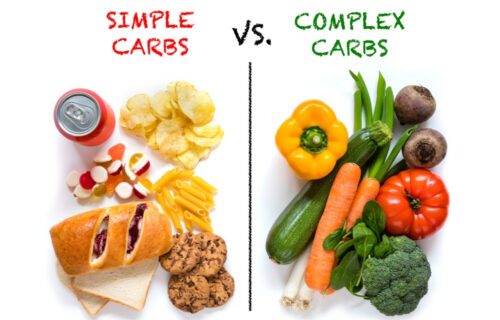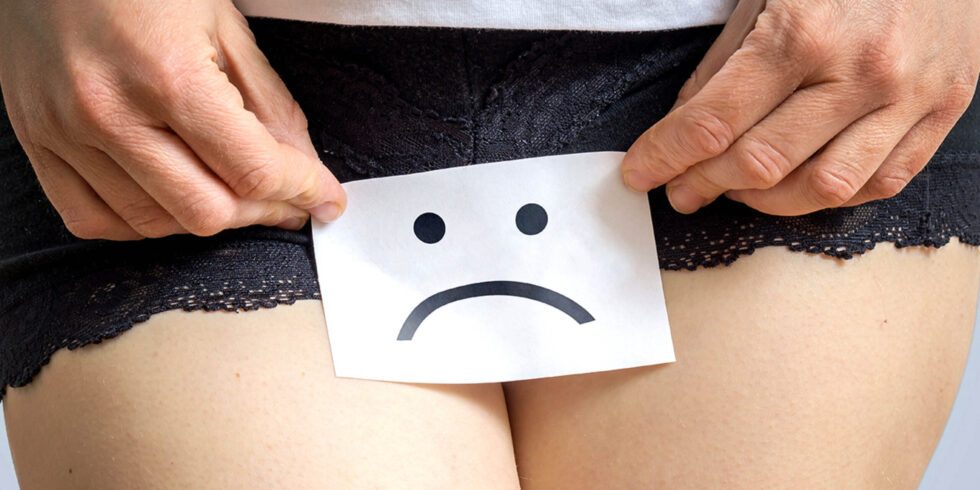
Vaginal Dryness
The body goes through significant hormonal changes during menopause. In particular, estrogen and progesterone levels drop. This can cause a variety of symptoms, including vaginal dryness.
What is vaginal dryness during menopause?
The walls of the vagina typically have a thin layer of moisture on them. This moisture is secreted by the cells of the vaginal walls and helps sperm survive and travel. It also reduces friction during sexual intercourse.
When estrogen production starts to decline in menopause, vaginal secretions and moisture lessen, and vaginal dryness may occur.
Symptoms of vaginal dryness may include:
- irritation, burning, or itching
- lowered sex drive
- post-sex bleeding
- recurring urinary tract infections
Vaginal dryness can cause discomfort and painful intercourse, and it can negatively affect quality of life.
Why does vaginal dryness occur during and after menopause?
Vaginal dryness during and after menopause happens because changes in hormone production cause the vaginal walls to thin. This means there are fewer cells producing moisture, leading to vaginal dryness. Reduced estrogen levels is the most common cause of vaginal dryness, and this is associated with menopause.
Some women experience vaginal dryness even before menopause, and that could be due to a variety of reasons. Other factors that may cause or contribute to vaginal dryness include:
- cigarette smoking
- depression
- high stress levels
- immune system disorders
- some cancer treatments
What are the medical treatments for menopausal vaginal dryness?
Vaginal dryness due to menopause can be bothersome and even painful, but there are treatments available, both over-the-counter and prescription. Medical treatments that can be prescribed for you include:
- Vaginal estrogen therapy:
- estrogen cream applied to or inserted into the vagina
- vaginal estradiol tablets
- estradiol vaginal ring: this is a ring containing estrogen that’s inserted into the vagina for 90 days at a time
- Standard doses of estrogen therapy. Sometimes this type of oestrogen therapy is combined with vaginal creams.
- Dehydroepiandrosterone (DHEA). DHEA is a type of hormone that’s inserted into the vagina to help treat painful intercourse.
You could talk with your healthcare professional about whether any of these treatments are appropriate for you. If you have a history of certain cancers, you may want to consult your oncologist before taking anything.
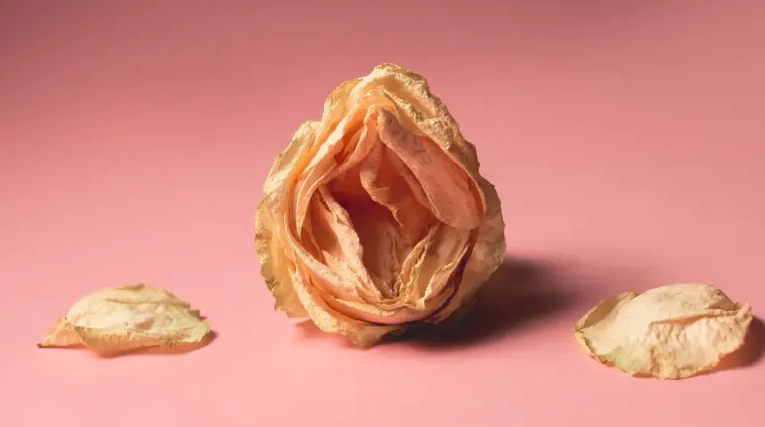
Are there home remedies for menopausal vaginal dryness?
Vaginal atrophy can contribute to vaginal dryness. If this is the case for you, there are some natural remedies that you might try, including:
- herbs and supplements
- diet
- exercise
You may consider adding foods that contain plant estrogens, or phytoestrogens, such as soybeans, soy products, or flaxseed. A recent study shows a reduction in vaginal dryness with the use of plant estrogens. You should also drink plenty of water to stay hydrated and try to limit caffeine and alcohol.
There are also over-the-counter personal lubricants that you might try. Natural oils like almond oil or coconut oil may also provide some relief.
Regular sexual stimulation helps encourage vaginal blood flow and secretions. You can do this with a partner or by yourself.
What about sex and vaginal dryness around menopause?
Vaginal secretions and moisture reduce friction during sexual intercourse. This helps make it more comfortable. Without enough lubrication, sex may be uncomfortable or even painful. During and after menopause, vaginal dryness can cause changes in your sex life because of the discomfort associated with sex.
There are things you can do to help reduce pain during sex and add lubrication to the vaginal area. This can include things like:
- Vaginal moisturizers.
- Lubricants.
- Pelvic floor exercises.
What’s the outlook if you have menopausal vaginal dryness?
Vaginal dryness due to menopause is a manageable condition. Treatments like lifestyle changes, lubricants and moisturizers, and hormone therapies (both systemic and local) are all very effective in treating menopausal vaginal dryness.
You may want to know if this is due to vaginal atrophy… I will write a separate blog post about that shortly.
